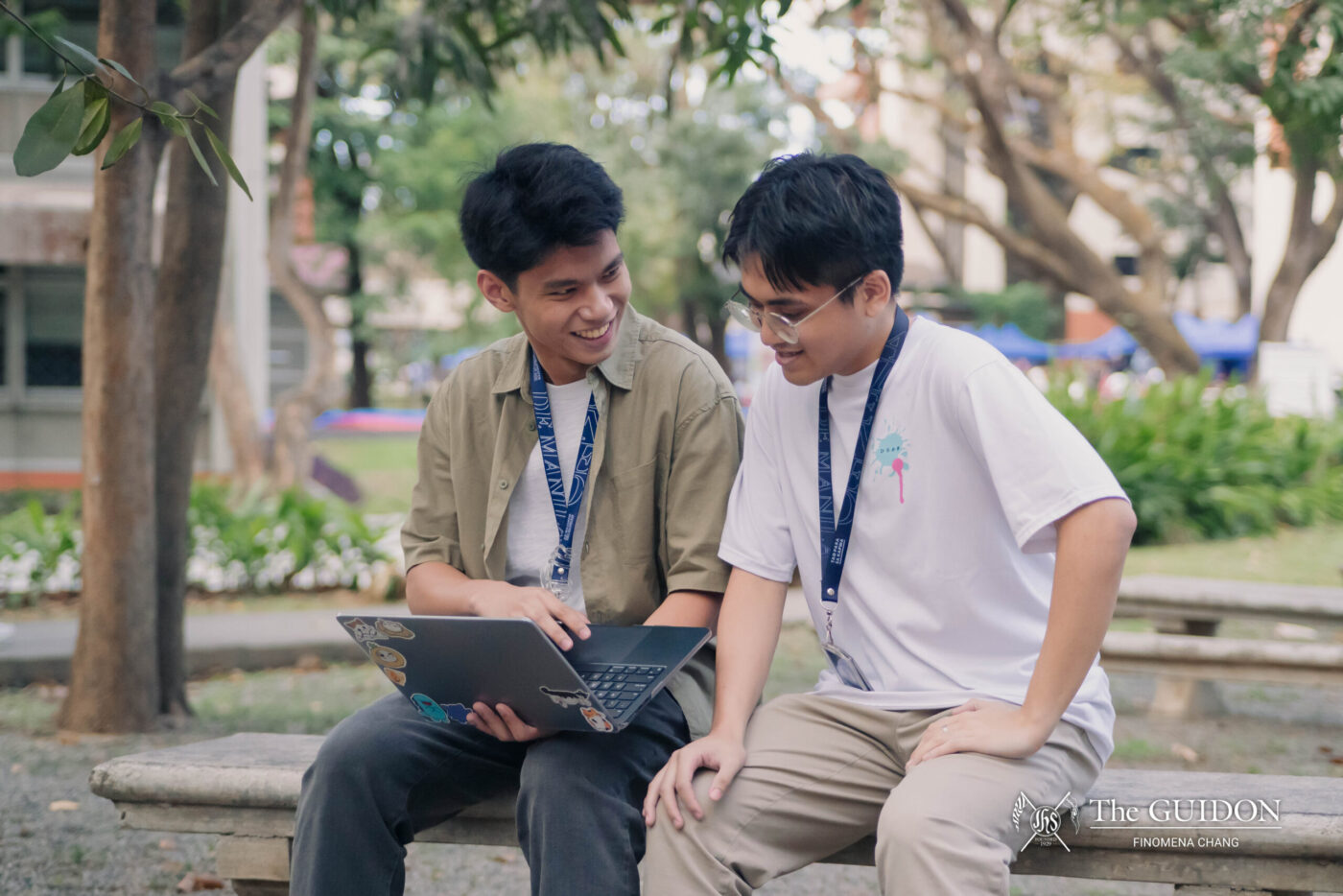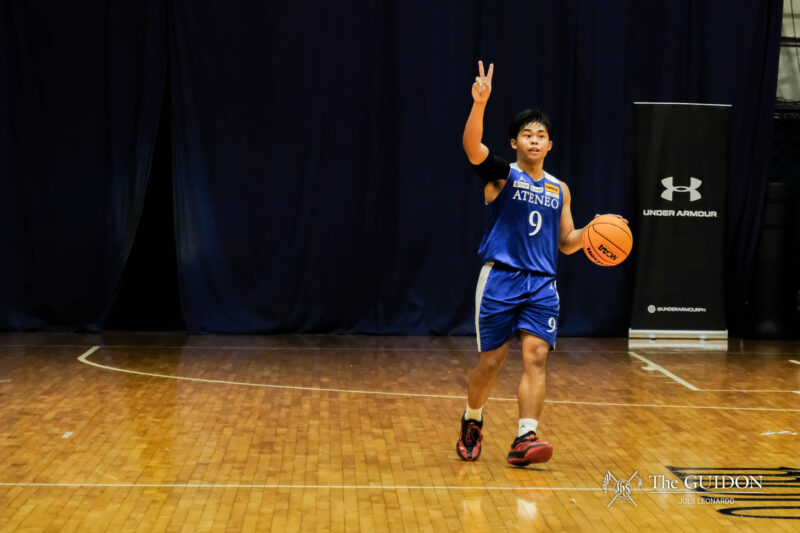AS PART of the University’s quality assurance initiatives, the Ateneo underwent its first institutional assessment conducted by the Association of Southeast Asian Nations (ASEAN) University Network–Quality Assurance (AUN-QA) last February 17 to 21.
Vice President for Higher Education Maria Luz Vilches, PhD mentioned that the University spent the past year conducting training workshops and self-survey report documentation in preparation for the assessment process.
Vilches stated that the assessment presented an opportunity to identify the University’s strengths and areas for further improvement to expand its influence within ASEAN.
Navigating the AUN-QA
In line with the University’s commitment to uphold quality standards, Vilches disclosed that Ateneo voluntarily participated in the institutional assessment to uphold its quality assurance as a member institution of the AUN.
“For constant progress in the work that we do [as an institution], we need to volunteer ourselves for assessment by [the] AUN-QA, a body that has acknowledged robust standards in the [ASEAN] region,” Vilches stated.
Notably, the Strategy and Quality Management Office (SQMO)—the office managing quality assurance frameworks within the University—reported that the Ateneo has undergone 18 AUN-QA program assessments to date, each evaluating the quality of the individual academic programs.
In contrast to AUN-QA program assessments, the institutional level quality assurance focuses on the needs of various stakeholders—including students, faculty, and staff— which translate into the institution’s internal quality assurance system.
Contributing to its quality assurance efforts, the SQMO and all offices under the Vice Presidents of the University accomplished a self-report composed of analytical and descriptive key evidence that outlined the Ateneo’s goals, commitments, and problems.
From evaluation to execution
During the assessment, six evaluators from higher education institutes in Singapore, Malaysia, Vietnam, and Thailand evaluated the University. They were joined by two observers, two trainees, and three members of the secretariat from AUN-QA.
On the final day of the assessment, the AUN-QA assessors provided a preliminary report of their assessment, followed by a complete report which will tentatively be released in May.
To align with regional quality benchmarks, SQMO Director Ma. Rosario Banzon, MBA stated that the University focused on several criteria, such as Management, Education, Research, Service, and Quality Enhancement. Vilches further explained that the AUN-QA evaluates the procedures and processes of the University in accordance with the University’s vision and mission.
Although preparations for program and institutional assessments followed separate timelines and requirements, Vilches shared that the program assessment held last year from October 21 to 23 played a role in shaping the University’s preparations for the recent institutional assessment.
During the program assessment, the AUN-QA evaluated four Ateneo undergraduate programs, namely the Bachelor of Arts in Communication, Bachelor of Arts in Interdisciplinary Studies, Bachelor of Science in Chemistry, and Bachelor of Science in Communications Technology Management.
As of writing, only the Communication Department has shared information about passing the AUN-QA, while the other programs have yet to reveal results.
Following this, the SQMO aims to “institutionalize” the quality assessment process across all aspects of [the University’s] operations. According to Banzon, the preliminary report of the University recognized its strengths and possible areas of improvement. As such, she mentioned that the SQMO “look[s] forward to the outcome of AUN-QA’s assessment and recommendations.”
To sustain the quality standards set by the AUN-QA, Vilches emphasized that the University plans to make quality assurance a commitment beyond assessments from external organizations by “maintaining [the University’s] strengths while continuously improving areas that need development.”
Toward quality assurance
With Ateneo’s benchmarking plans, Raymart Dela Cruz (3 AB DipIR) shared his thoughts on the administration’s overall initiatives. “I think that [the administration’s] positive vision[s for development] can evolve into a more in-depth reality that is truly responsive to the [diversity of] everyone involved,” he stated.
Moreover, Dela Cruz said that the University’s efforts on internationalization commitments are reflected in the Ateneo’s “more progressive” initiatives to expand engagements with international universities.
However, he expressed that exchange student opportunities, such as the Junior Term Abroad program, should be more financially inclusive—ensuring that more students can participate in these opportunities.
Ultimately, Vilches envisions that the AUN-QA assessment will help position the Ateneo among the leading institutions in the Philippines and globally while upholding the University’s commitment to continuous improvement.







